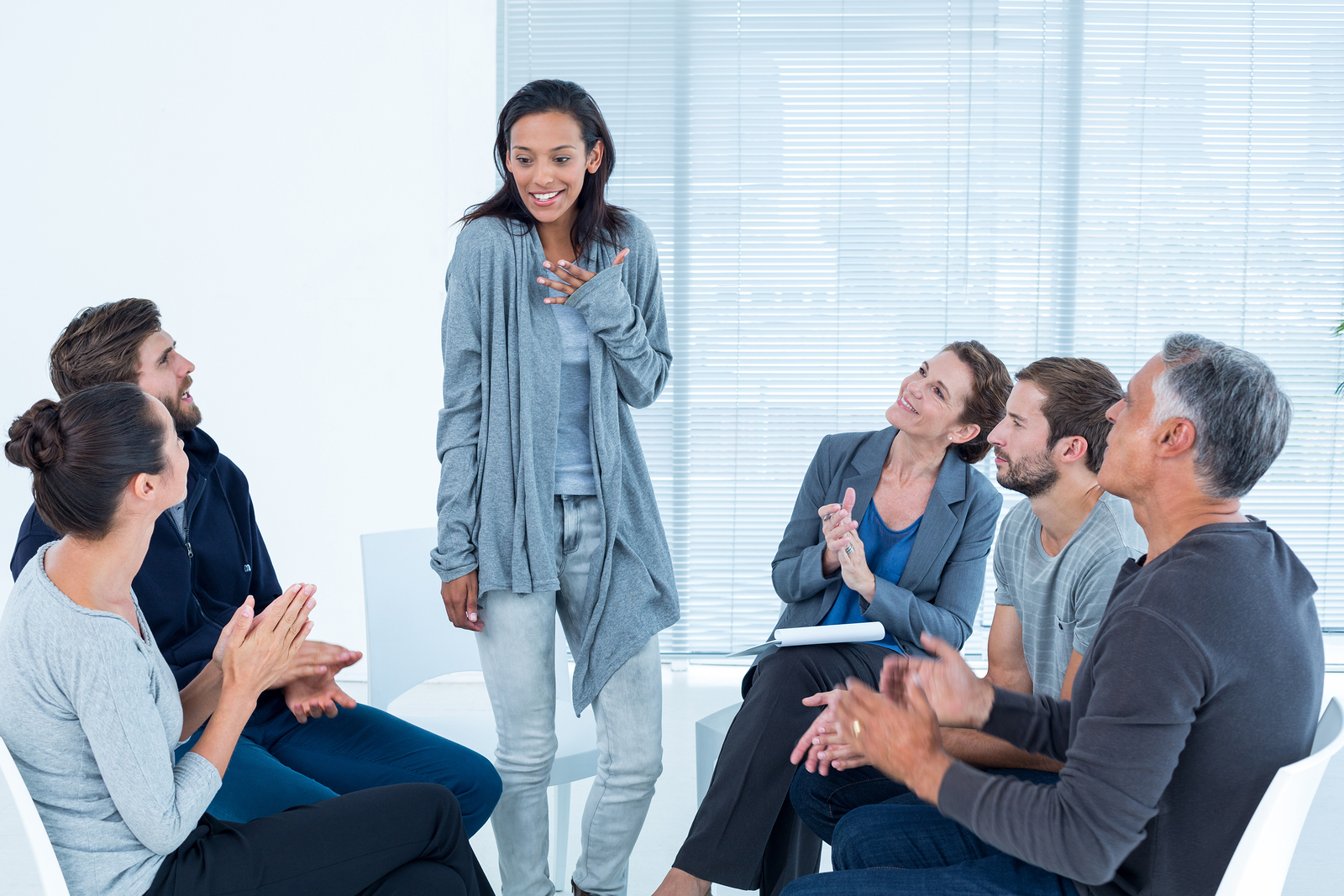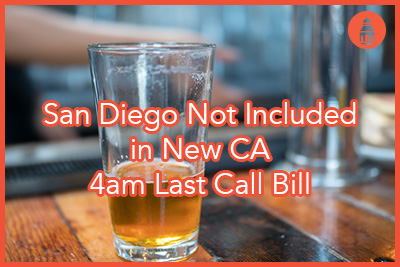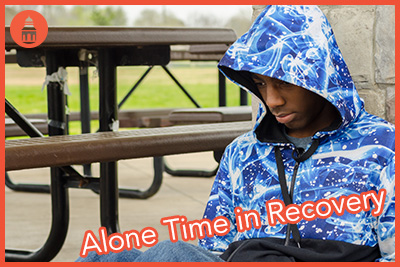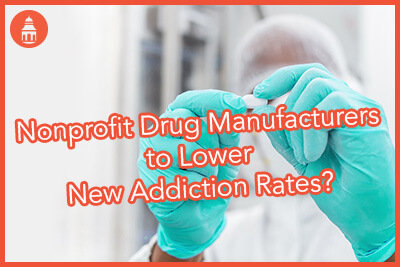
Alcoholics Anonymous
, Narcotics Anonymous, or any one of a number of drug-specific offshoot 12-Step groups are all excellent additions to a well-rounded treatment program. Based on the 12 Steps and 12 Traditions as outlined in their literature, these groups are run by participants, all of whom identify as people in recovery from addiction. In fact, the only requirement to “join” or attend the meetings is the genuine desire to stop drinking and using drugs.As you get to know the structure of different meetings, find the meetings that are most convenient for you to attend regularly, and begin to connect with people, you will become more comfortable with how the process works and what to expect – as well as what is expected of you. Here are a few tips to help you get settled:
- Attend 90 meetings in 90 days. It is often recommended that people new to recovery attend 90 12-Step meetings in the first 90 days of sobriety, and this is an excellent idea. Whether you are actively in treatment or have just transitioned out of a rehab program, attending 90 meetings in 90 days can give you a chance to explore the many meetings in your area, identify a “home group” (that is, a group that feels comfortable for you that you will attend weekly), and solidify yourself in recovery as you begin the process of creating a new life in sobriety.
- Don’t cross talk. When you are at a meeting, avoid commenting on the things that other people share in the meeting. Raising your hand during meetings and sharing is a great way to vent, talk about what is going on with you, and put your story out there for others who may hear it and identify with it, but if you would like to directly comment on someone’s experience, the best place to do this is in person and individually during a break or after the meeting.
- Talk to people after the meetings and on breaks. Sharing during meetings is important, and in many cases, people will come up to you during breaks and after the meeting to talk to you about what you said. You, too, are encouraged to speak to people at the meetings, exchange phone numbers, and go out for coffee or agree to meet up together for other meetings. Making connections and getting to know people are important parts of recovery, and 12-Step meetings can go a long way toward helping you build a strong support system.
- Don’t date your sponsor or sponsor anyone you want to date. It is just good sense to avoid dating your sponsor, choosing a sponsor based on a romantic interest, or sponsoring someone you would like to date. The sponsor-sponsee relationship is an important part of AA, and there needs to be a dedicated focus on recovery and issues related to recovery.
- Work the steps. The 12 Steps are the foundation of the AA experience. Take the time to work them carefully as you start the program, and then work them again every so often whenever you need to reconnect with your recovery. Some people even work the fourth step when they face a relationship issue, problem at work, or other bump in the road that threatens their ability to remain sober. It serves as a great tool to try to identify your part in what happened so you can try to avoid going through it again.
- Don’t get caught up in gossip. It is not uncommon for people to talk about one another, speculate about whether or not others are sticking to their sobriety, on the verge of relapse, or otherwise taking risks in recovery. Avoid it. Stay focused on what you need to stay sober.
- Get a sponsor. Taking advantage of all the support provided by the 12-Step program is recommended, and working with a sponsor is one of those support options. Though a sponsor is not a therapist or a substance abuse treatment professional, a sponsor will likely have years of experience living with addiction and learning how to live without active drug and alcohol use. A sponsor can answer your questions about the program, talk to you about the challenges that you face in recovery as they arise, and be there to answer your call when you feel tempted to relapse. This relationship can be a great benefit in recovery.
- Don’t sponsor someone before you are ready. It can be tempting to want to pick up a sponsee as soon as you finish working the steps, but it is better to take it slow. Make sure you are ready and that your first sponsee is a good fit before you jump in.
- Sidestep the things that don’t make sense to you. If you find that there are some parts of the program that do not resonate with you, then give yourself permission to let those things go. Focus instead on what does work for you, and allow those things to boost your ability to avoid relapse.
- Don’t try to use 12-Step meetings to treat addiction. If you have not entered rehab, or if you have relapsed and feel that a return to treatment is necessary to help you get back on track, do not attempt to replace professional treatment with 12-Step meetings. Though AA and NA are excellent support options, they are not treatment. Though people in the program are experienced with addiction, they are not trained, objective professionals who can connect you with therapeutic growth and healing that are necessary to overcome addiction.



